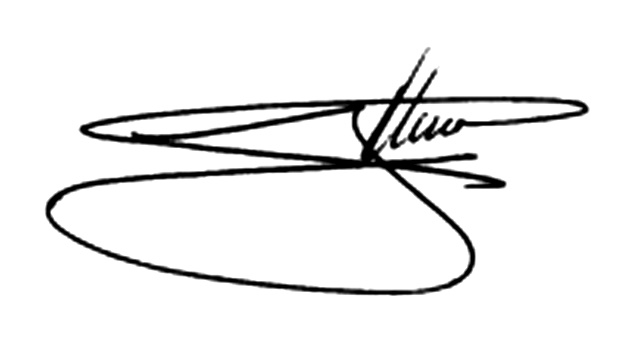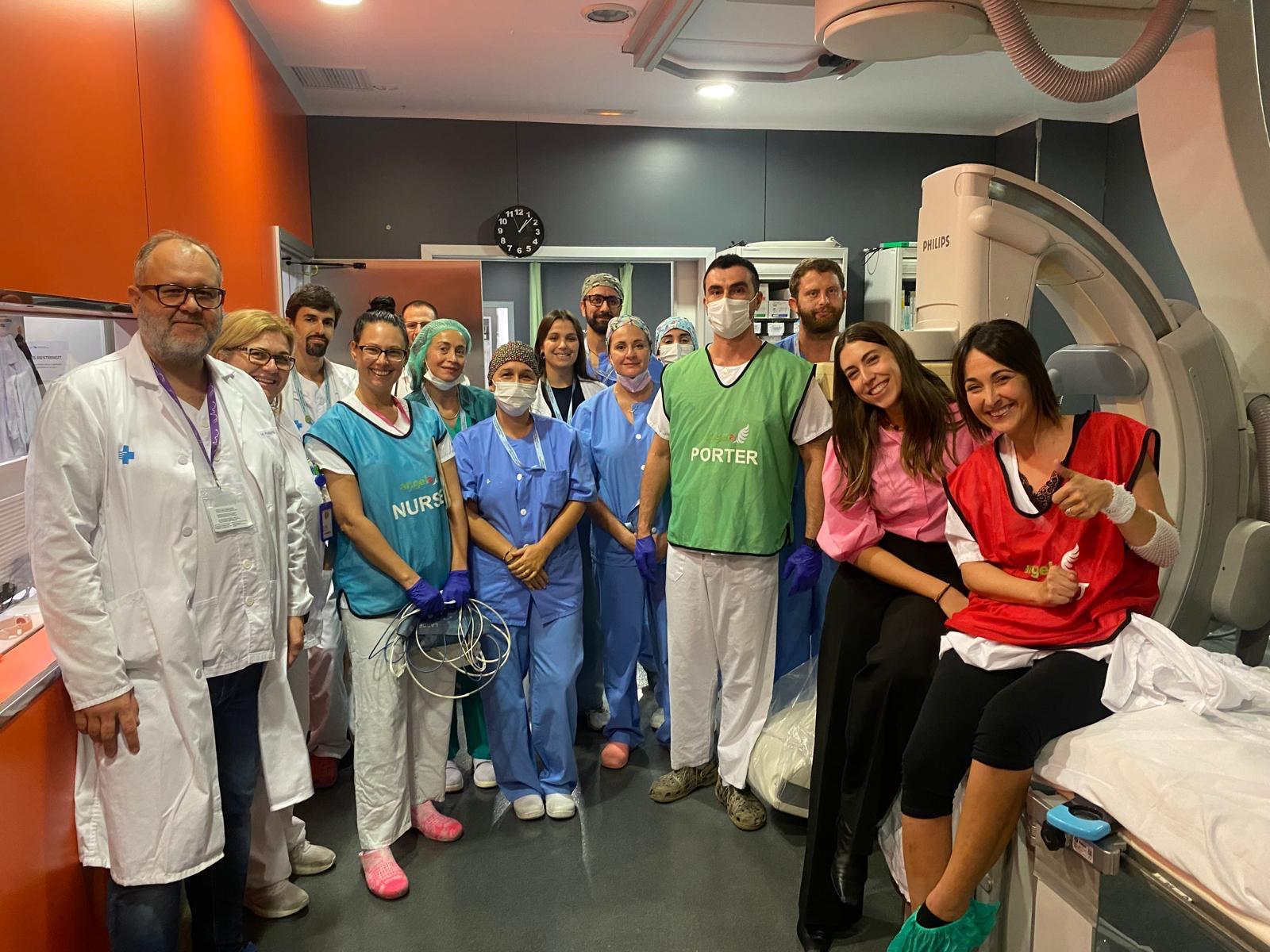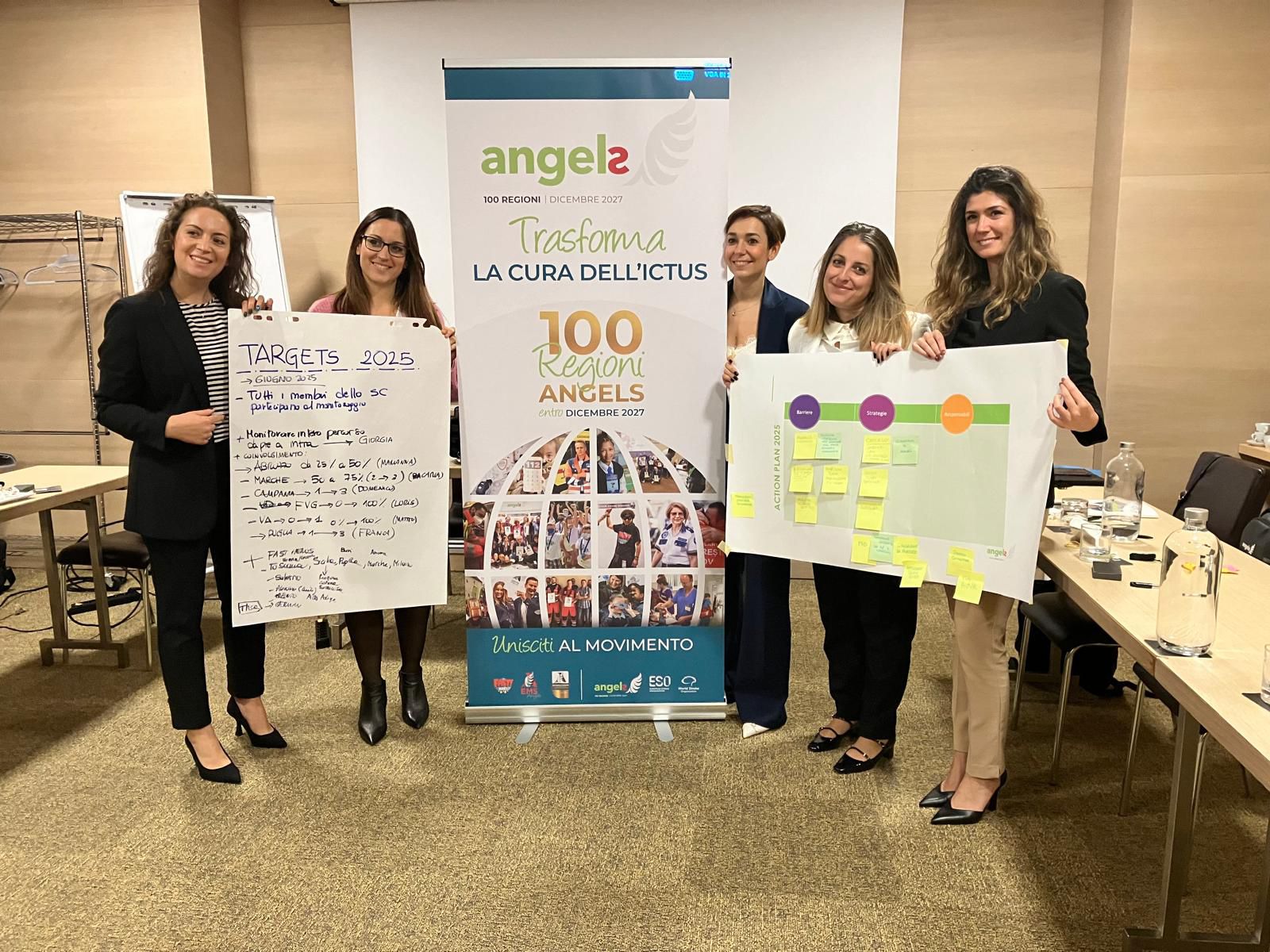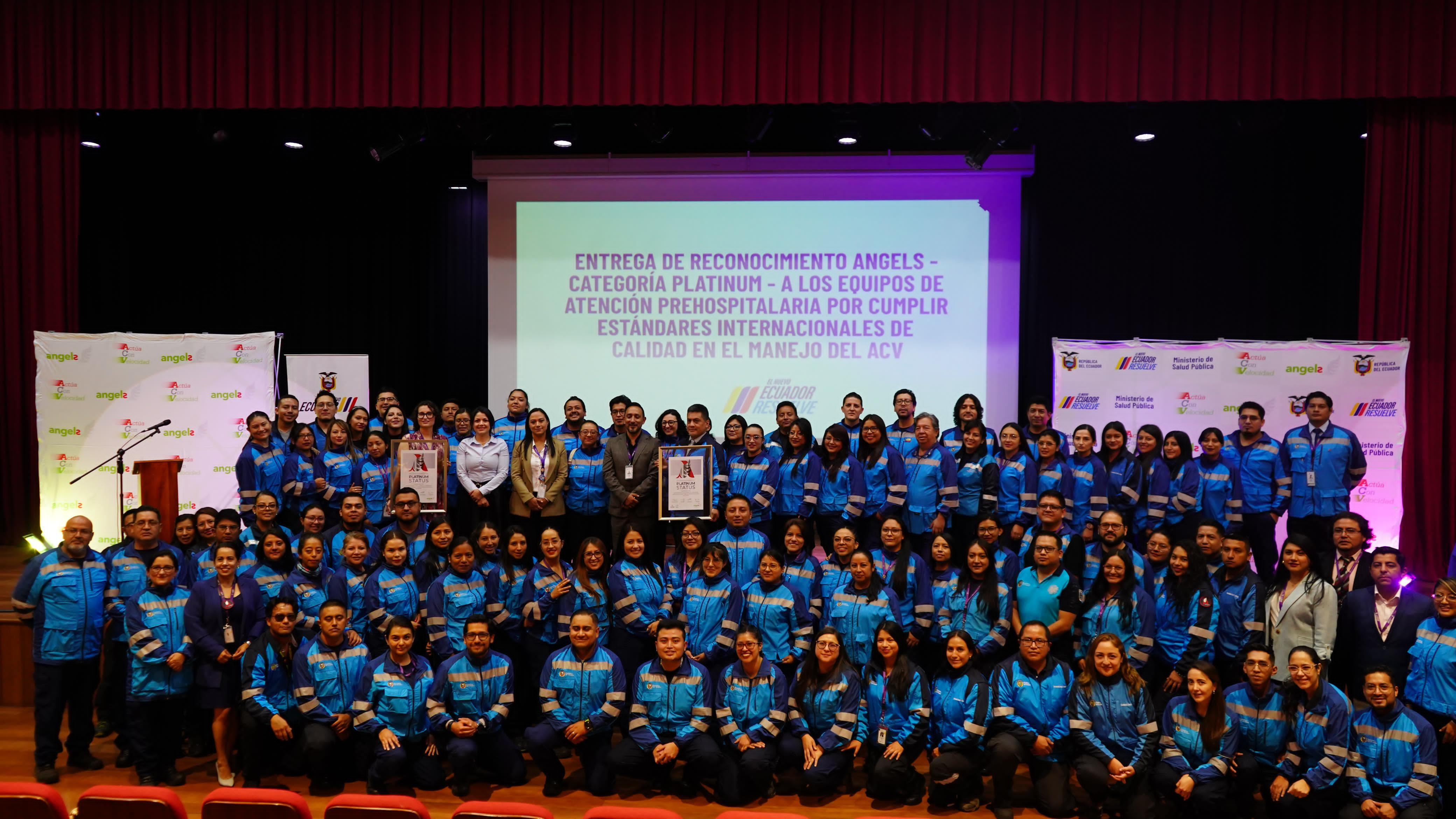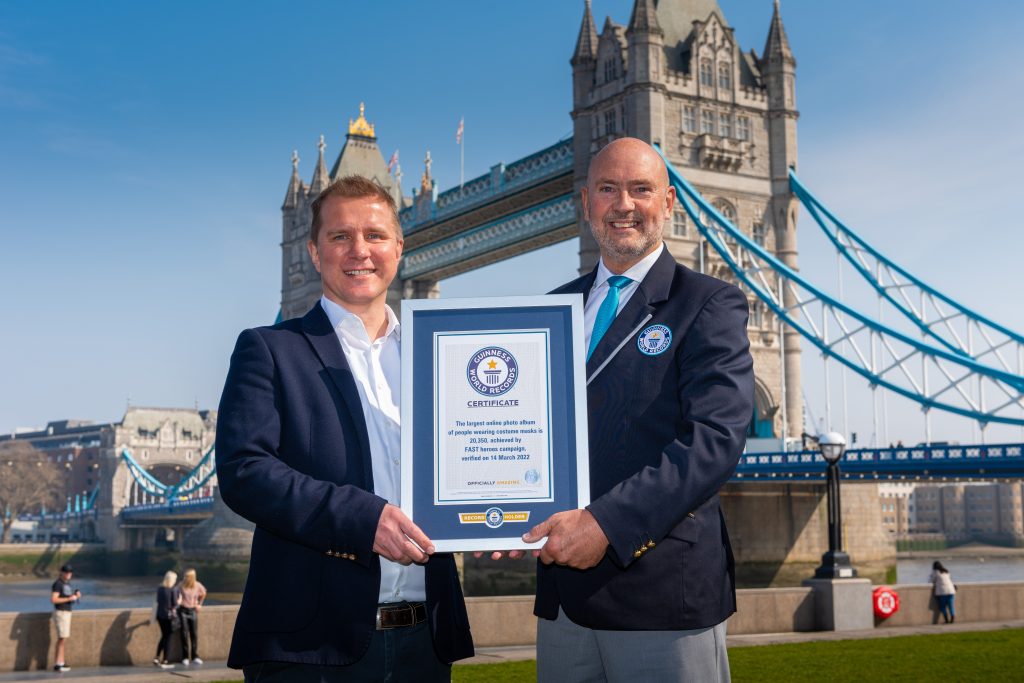
Our Officially Amazing status was confirmed when in April this year we became a Guinness World Record™ holder. As part of the launch of our stroke awareness campaign FAST Heroes we had set a goal to create the largest online photo album of people wearing superhero costume masks, and with the help of the officially amazing Angels community, we did it. Over 20,000 superheroes selfies were shared by children, parents and grandparents from around the world, to all of whom we say a big, hearty THANK YOU!
Being certified as “officially amazing” by Guinness World Records™ was a reminder that we really do have the best jobs in the world. In fact, when you speak to our Angels consultants, they will tell you this isn’t so much a job as a calling. Spending most of your time trying to convince people they should do their own jobs differently can of course be taxing. But when you finally get that call and hear the words, “We did it, we treated our first patient!”, it makes everything worthwhile.
It is interesting to reflect on why we do things a certain way and how we acquire our working habits. Often the answer is as simple as the fact that we haven’t considered an alternative. For example, during a simulation at a hospital in Croatia I asked the team of neurologists and nurses about the reasons why they took their patient to the stroke unit several floors away before starting recanalisation. The younger doctors offered a number of explanations but after the debate had been going on for a while, the head of the department who had been listening in silence said, “We do it this way because it never occurred to us that there could be a better way.”
In stroke care, as in our private lives, we display good and bad habits. In order to make a positive change, we don’t only have to introduce new good habits, we also have eliminate some bad ones. But repetition has made those bad old habits sticky. For this reason we often see hospitals that have made great progress in implementing new protocols and making improvements, slide back into their old ways.
The author James Clear has some advice that could help us fix this. In his book, Atomic Habits, he identifies four laws that he says can help us to implement good habits more consistently, and help us shed bad ones that we may not even be aware of. These laws correspond with four steps he calls Cue, Craving, Response and Reward.
Law #1 – Make it obvious (Cue)
Clear’s first law says that for a new habit to form we need to make the desired behaviour obvious. In this edition of the Angels Journey you will read about how four hospitals in Spain found ways to implement a key priority action to reduce door-to-treatment times, namely treating the patient at the CT scanner rather than, say, four floors away in the stroke unit. One way in which this new habit was triggered was via the big red Angels stroke bag, which aside from containing everything needed for treatment, served as a cue for the behaviour that was in the best interests of the patient. In Small Steps, Big Impact you can read about another such powerful trigger – a simple set of arrows that make it easy, and obvious, to optimise patient care on the stroke ward.
Law #2 – Make it attractive (Craving)
We’ve all heard about Pavlov’s dog that started salivating as soon as he heard the bell that signaled dinner time. This signal triggered a craving that would be met with a reward. Rewards for adopting better habits in stroke care are delivered via the Angels community, which recognises and reinforces implementing new habits to optimise the stroke pathway. We access this community by adopting the cultural identity that marks us as adherents to a new set of behaviours. Like someone adopts being a runner or non-smoker as their identity, the community we identify with helps reinforce our new habits.
Law #3 – Make it easy (Response)
It is said that we don’t rise to the level of our goals, but rather that we fall to the level of our systems. For us to introduce new habits we have to find ways to reduce the friction between our current environment and the new and different way we want to operate. In a story from South Africa you can read how Dr Louis Kroon took steps to prime the environment in a busy state hospital and create a system that makes it really easy for his team to stick to habits that could lead to better outcomes for his patients.
Law #4 – Make it satisfying (Reward)
To stick to a new habit, Clear recommends that you give yourself an immediate reward when you complete your habit. Our Helsinki poster is a brilliant example of this kind of positive reinforcement. This is a simple graph on which hospitals make a mark at the time they took to treat their last patient. The fact that there’s a red line above the target time is also a not-so-subtle hint that change is needed. We recently customised the Helsinki poster slightly to also provide stroke teams with the opportunity to track specific habits. This involves making a very satisfying tick in the column that represents each patient to indicate whether your team has employed point-of-care testing or delivered the patient directly to CT – or whichever new habit they were trying to establish.
It's true that life happens, and circumstances may sometimes cause us to deviate from out best intentions. But as long as we accept these setbacks for what they are and follow Clear’s advice to “never miss twice”, these good behaviours could themselves soon become things we do simply because that’s the way we do them – in other words, they’ll become habits.
You will find plenty of good habits in the latest issue of the Angels Journey – from the way thrombectomy nurses create and support effective and safe systems for patients, to the awesome kids in Kyrgyzstan who thanks to a lifesaving collaboration with the World Health Organization are learning how to protect their grandparents from stroke. It is a collaboration that we hope to replicate in many other countries and about which we plan to bring you more news in future.
